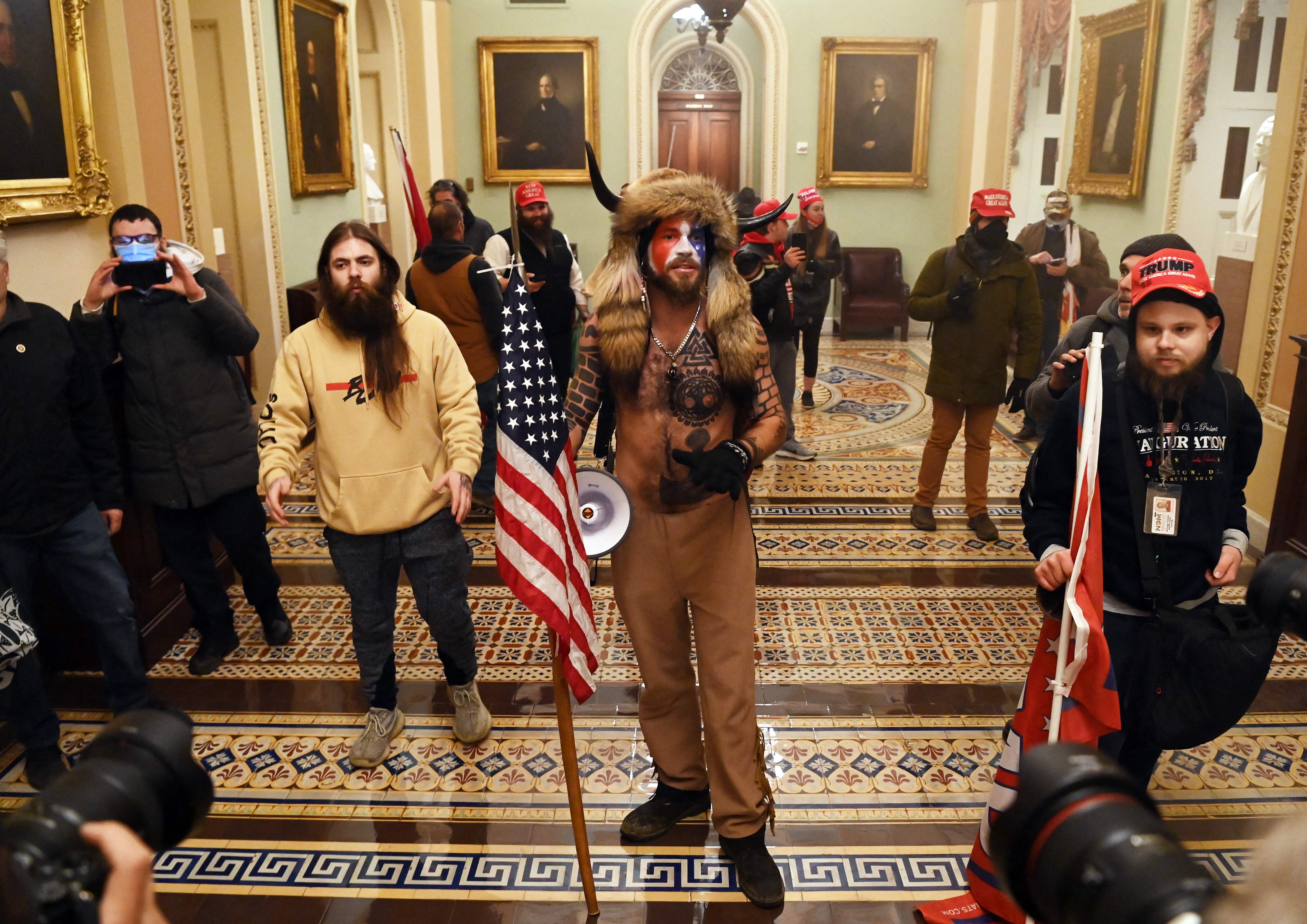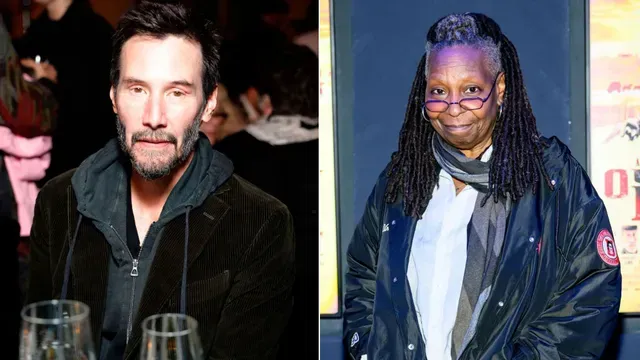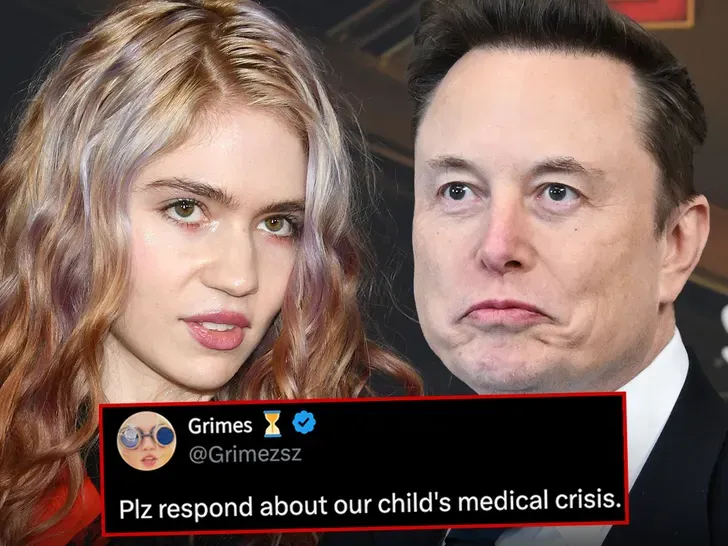
Jacob Chansley, widely recognized as the “QAnon Shaman,” has recently been granted a pardon by former President Donald Trump. Known for his prominent role in the January 6, 2021, U.S. Capitol riots, Chansley quickly became a symbol of the event due to his striking Viking-like outfit, complete with horns, face paint, and a fur hat. His release has sparked renewed debates about justice, accountability, and the influence of Trump in American politics.
Chansley’s pardon marks a significant turn in his story. After being sentenced to 41 months in prison for his role in the Capitol breach, he served just over two years before his early release. Trump’s decision to pardon Chansley, reportedly part of a broader effort to advocate for individuals involved in the Capitol riots, has been met with mixed reactions from the public and political leaders.
Chansley became one of the most recognizable figures of the January 6 riots, leading chants inside the Senate chamber and posing for dramatic photographs. A self-proclaimed QAnon supporter, he embraced conspiracy theories that alleged widespread government corruption and election fraud. His eccentric appearance and behavior turned him into a media sensation, but also a focal point of criticism for the violence and chaos of that day.
During his trial, Chansley pleaded guilty to obstructing an official proceeding. He later expressed regret for his actions, stating he was misled by false information and manipulated by powerful rhetoric. His defense highlighted his mental health struggles and argued that he was a non-violent protester.
The pardon has reignited debates over Trump’s role in the January 6 incident and his influence over those involved. Critics argue that pardoning Chansley undermines accountability for the Capitol riots and sends a dangerous message about the consequences of such actions. On the other hand, Trump’s supporters view the pardon as an act of justice for individuals they believe were unfairly targeted or over-prosecuted.
Legal experts have also weighed in, with some questioning the timing and motivations behind Trump’s decision. Pardons, particularly for politically sensitive cases, often carry significant political and social implications. Many see this move as part of Trump’s ongoing efforts to maintain loyalty among his base as he eyes another presidential run.
Following news of his pardon, Chansley made headlines again with his declaration to purchase firearms. In a statement that included expletives, he expressed his excitement about regaining his Second Amendment rights and his intention to celebrate with what he described as buying “some motha fu*kin guns.”
Chansley’s comment has sparked further controversy, with critics raising concerns about the implications of allowing individuals involved in violent acts to access firearms. Supporters, however, argue that he has the right to exercise his constitutional freedoms after serving his sentence and being granted a pardon.
The pardon has added another layer of complexity to the narrative surrounding the Capitol riots. It highlights ongoing divisions in the United States over issues of accountability, political loyalty, and the justice system’s handling of high-profile cases.
For Chansley, the pardon provides an opportunity to rebuild his life, though the public spotlight is unlikely to fade anytime soon. His story serves as a reminder of the broader cultural and political tensions that continue to shape American society in the aftermath of January 6.
As debates over the pardon and its implications unfold, Chansley’s future actions, particularly his plans involving firearms, will likely remain a subject of intense scrutiny. The case underscores the challenges of navigating justice and accountability in a deeply polarized nation.





-1742553573-q80.webp)

